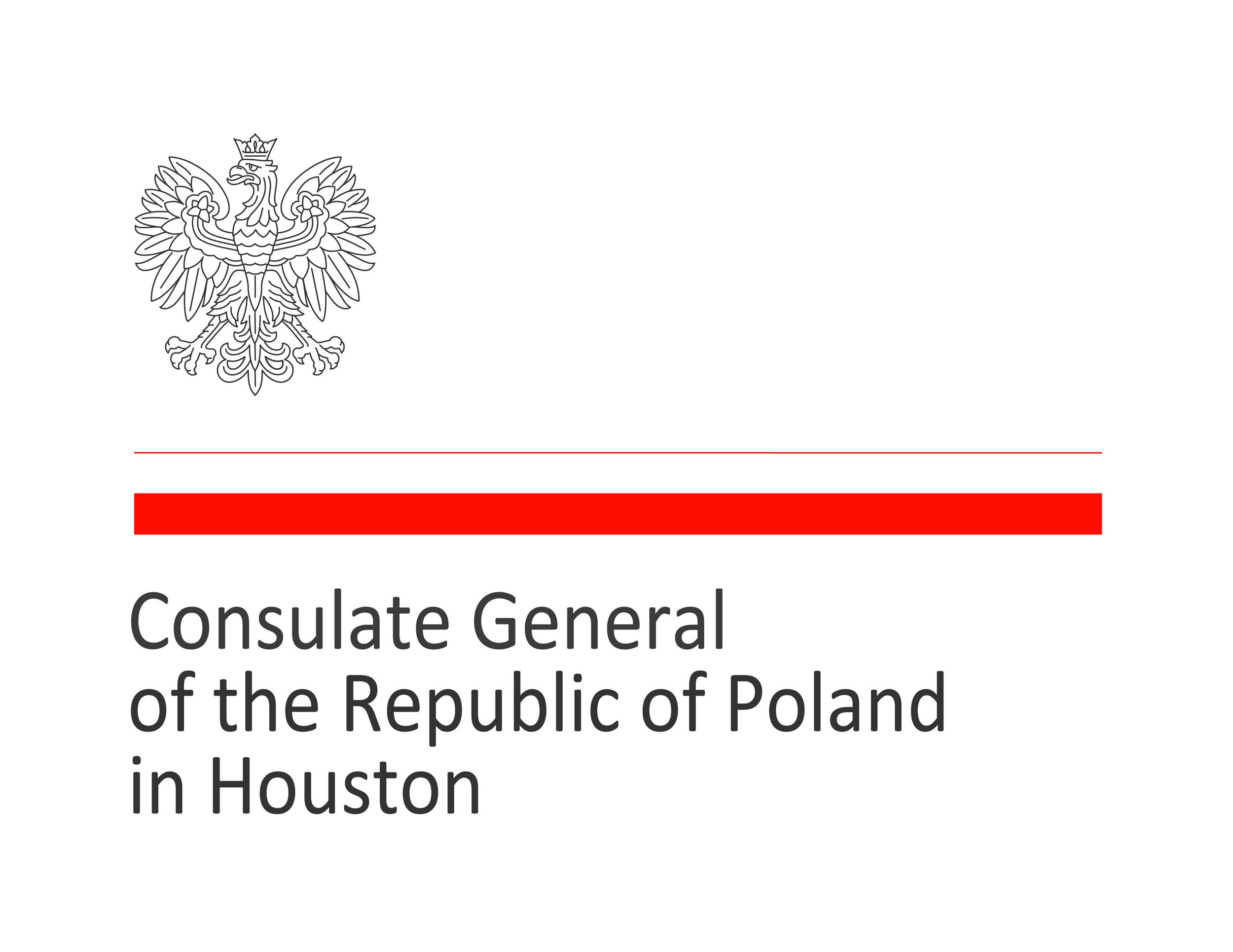Krystyna Skarbek – Spy, Lady, the Inspiration for James Bond
/Krystyna Skarbek, also known as Christine Granville, France, August 1944, photographer unknown, source: Wikimedia Commons
She was a woman from another time — an era when people still believed in honor, truth, and courage. Krystyna Skarbek, the daughter of a Polish count, was born in Warsaw in 1908, when the old empires still stood and Poland was yet to be reborn. Her childhood unfolded in the shadow of the manor house, among whispers of ancestors who had served kings and emperors, of horses, hunts, and salons where people discussed Chopin and Sienkiewicz.
Her father, Count Jerzy Skarbek, came from an old noble family bearing the Abdank coat of arms, whose history dated back to the Middle Ages. Family stories echoed with the past glory of the Skarbeks — landowners, benefactors, and patrons of the arts. It was the Skarbeks of Żelazowa Wola who owned the manor where Fryderyk Chopin was born and who became his godparents. Yet, by Krystyna’s time, that world was fading. Debts, squandered fortunes, and social change meant that noble titles had become mere echoes of former grandeur.
Krystyna’s mother, Stefania Goldfeder, came from a completely different world — that of Jewish bankers from Łódź, wealthy and modern, whose fortunes were built in banks and factories. It was her dowry that saved the Skarbek name from ruin. And yet, deep in Krystyna’s soul lived what she had inherited from her father: pride and an untamed need for freedom.
From Polish Manors to the Underground
When war broke out, Krystyna was already a woman seasoned by life and marriage, but it was the war that became her true destiny. In 1939, in Paris, she volunteered for the British secret service. She was 31, with the beauty of a film star, flawless French, and a courage that would become legendary. She was accepted into the Special Operations Executive (SOE) — the secret organization created by Churchill to “set Europe ablaze.”
Under the alias Christine Granville, she embarked on a game where the stakes were life and death — her own and that of hundreds of others. Her first mission already made her a near-mythical figure. In the winter of 1940, wearing a fur coat and ski boots, she crossed the Tatra Mountains, carrying messages and microfilms from Hungary into occupied Poland. In the cold and wind, often alone, she was guided only by instinct and bravery. Her mountain guide from Zakopane later recalled that he had “never seen a woman so calm in the face of death.”
In Budapest, where she was stationed for several months, she built a network of contacts and communications that delivered the first credible reports on the situation in occupied Poland to London. She used many aliases — including Paulina Armand and Madame Granville — and could win over aristocrats, diplomats, and simple soldiers alike.
After the fall of France and Hungary, she was sent on new missions to North Africa and France. There she performed one of the boldest acts in the history of Allied intelligence — she rescued two SOE agents, Francis Cammaerts and Xan Fielding, who had been captured by the Gestapo. She walked into the prison and spoke to a German officer, relying not only on her charm but also on financial persuasion and the threat of swift retribution once the Allies triumphed. Within hours, the prisoners were free.
Morgane Polanski as Krystyna Skarbek in the film “The Partisan”, directed by James Marquand, 2024, photo: press materials
Krystyna Skarbek never carried a weapon and never used violence. Her weapons were intelligence, courage, and feminine charm. In British intelligence reports, she was described as “irreplaceable,” “brilliant,” and “unpredictable.” She had the gift of winning people over — one moment she could laugh lightheartedly, and the next, look with cold determination, like someone who already knew the price of death.
She was also a master of disguise. When needed, she changed her accent, her walk, or the color of her hair. One day she played a French countess, another a poor refugee. She could infiltrate enemy circles with astonishing ease. Her superior, Colonel Colin Gubbins, once said that he had “never before seen anyone play with fate so gracefully.”
For her service, she was awarded the Order of the British Empire (OBE) and the George Medal — among the highest British civilian honors. To the French, she was a heroine; to the Poles, a legend. To herself, simply a woman who had fulfilled her duty to her country.
After the War – The Loneliness of a Heroine
When victory came, there was no longer a place for people like her. Krystyna was too brave to fade quietly into postwar London and too proud to ask for help. She worked as a stewardess, cleaner, and receptionist — a woman of noble birth who had saved lives, now struggling to survive.
In the Shelbourne Hotel on Lexham Gardens in London, in a stuffy room overlooking a brick courtyard, time seemed to stop. It was there, on June 15, 1952, that she was murdered by a man who was in love with her.
She died as she had lived — beautiful, independent, and untamed. At her funeral in St. Mary’s Cemetery in Kensal Green, only a handful of people were present.
Inspiration for James Bond
Her extraordinary personality — elegance, magnetism, and fearlessness — became an inspiration for writer Ian Fleming, who worked in British intelligence during the war. Fleming knew Krystyna personally and was deeply impressed by her charm and audacity. Many biographers believe that Krystyna Skarbek was one of the prototypes for James Bond, and that her life and adventures also inspired the creation of Fleming’s female characters.
The Legacy of the Skarbek Family
The Skarbek family has vanished from the map of Polish aristocracy — their manors and estates now exist only as names on yellowed maps. But the memory of Krystyna endures. In London, on the wall of the building where she died, a blue plaque reads: Christine Granville – Krystyna Skarbek (1908–1952), Agent of the Special Operations Executive.
Compiled by Joanna Sokołowska-Gwizdka
Blue commemorative plaque unveiled in 2020 by English Heritage at 1 Lexham Gardens, Kensington, London, W8 5JL, Royal Borough of Kensington and Chelsea, source: Wikimedia Commons
20th Austin Polish Film Festival, Texas
As part of the 20th Austin Polish Film Festival, audiences will have the opportunity to see the film “Skarbek”, inspired by the story of Krystyna Skarbek and directed by James Marquand. The Festival’s special guest will be Morgane Polanski, daughter of Roman Polanski, who stars in the leading role.
You are warmly invited!















